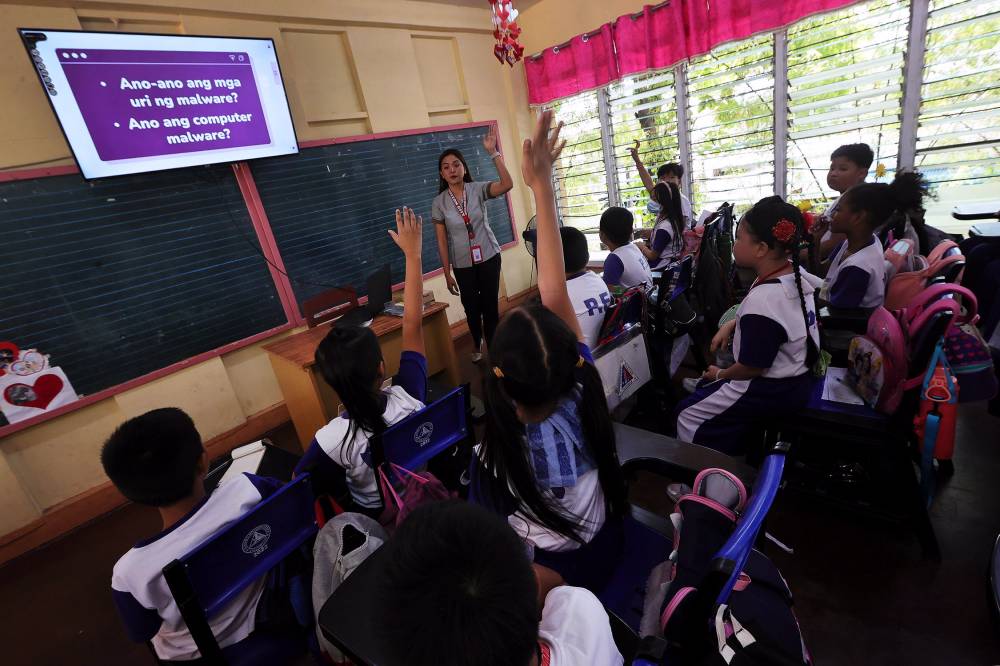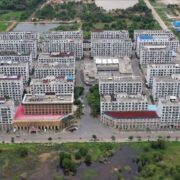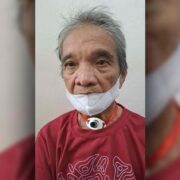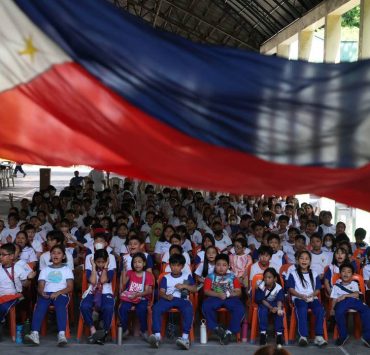The continuing mission, our bigger ambition

Last May 6, Phinma Education, the largest private school network in Southeast Asia, celebrated its 20th anniversary. Founded in 2004, it currently serves more than 146,000 students, many of whom are the first in their families to enter college. While few freshmen are college-ready, they graduate with high licensure and employability rates and are better able to uplift themselves, their families, and their communities.
The celebration, which brought together its employees from 10 schools across two countries, was an opportunity to look back at the organization’s history, align on the direction to take for the future, and renew its commitment to making lives better through education.
When I think about what has shaped Phinma Education over the past two decades, I don’t think so much about the charts and reports that show how much we’ve grown, though those remain important. Instead, I think about:
The student who balanced working odd jobs at night with going to school during the day;
The student who sold packed lunch and snacks to her classmates every day to support her family and pay for her studies;
The son of a carpenter who used his scholarship allowance not only for his day-to-day needs, but to help pay for his sisters’ tuition fee;
The father who built a tree house so his children could find better mobile data signal and continue studying during the pandemic;
The countless alumni from humble families who chose to come back to their alma mater and serve our students who come from similar backgrounds;
Our teachers who raised funds for a student who came to school in worn slippers and a bag he found in a garbage can; and
Our dean who came from a family of farmers and became the first in his family to not only get an undergraduate degree, but also a master’s degree and a doctorate.
The importance of empathy in education cannot be overstated. Educators who understand the struggles of underserved students are in the best position to create learning environments that suit their needs and aspirations. In order to provide quality education to those who need it most, we need to understand poverty.
We need to start with the reality: there is still a significant percentage of the population living below the poverty line—22.4 percent in the Philippines and 9.4 percent in Indonesia. In 2019, only 33 out of every 100 Filipinos who should be studying in college were enrolled in higher education institutions. Moreover, the path to graduation remains a struggle for low-income students, who were not adequately prepared for college and are just one family emergency away from dropping out.
Clearly, we need education that is not only accessible, but also, and perhaps more importantly, responsive to the unique needs of the underserved. The education crisis, which had been worsened by the pandemic, imposes challenges on those whose paths toward upward socioeconomic mobility are already riddled with obstacles. These trials do seem insurmountable, especially when faced alone.
And this is true everywhere in the world. In fact, the poor across different countries have more in common with each other than the poor and the rich within the same country. As it is, life is just becoming harder and harder for those at the bottom of the pyramid. Pandemics, wars, natural disasters, and climate change also contribute to the dire situation for a significant part of our population.
The challenges we face are daunting, even for the staunchest advocates, but by telling the stories of underserved students who, despite their humble beginnings, are able to pass their licensure exams and acquire their first job, we tell the story of the transformative power of inclusive education. This fundamental understanding of poverty and what it does to our youth and our communities should guide all educators, especially those who believe that education is a force for good.
As we look forward to the next decades, Phinma Education is ready to provide quality education to underserved youth in the Philippines, Indonesia, and beyond. We will continue to put the needs of our underserved students first, to meet them where they are and take them where they want to be. As we work to reach more underserved students, we will also continue to put our communities first with sustainable and inclusive campuses. It is our hope that others follow suit and provide the needs of those who need it most, so that our progress includes all.
Ultimately, where we come from, every student we’ve met, every situation we’ve handled, contributes to how we build and run colleges and universities. More than our numbers, these stories make us who we are. We need to keep remembering and telling these stories, and create new ones, so that we always have our eyes and hearts set on what’s important: our north star, our just cause—our students. -CHRISTOPHER A. TAN
Christopher A. Tan is Phinma Education’s country chief-Philippines.
Business Matters is a project of the Makati Business Club (makatibusinessclub@mbc.com.ph).





















